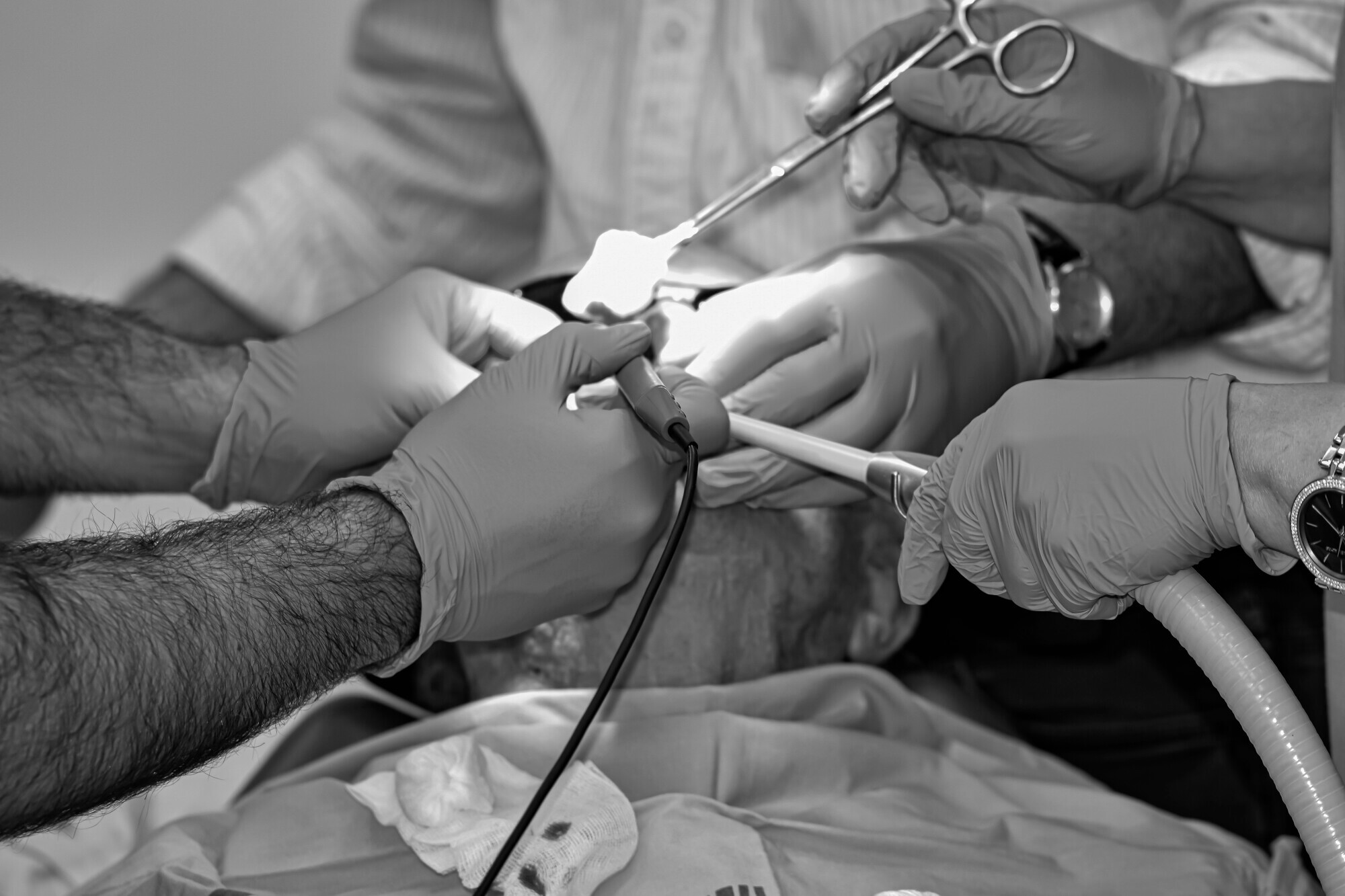"A dental surgery emergency requires prompt attention to prevent further complications. Conditions such as severe toothaches, bleeding or swollen gums, jaw swelling, knocked-out teeth, missing crowns or fillings, broken braces, and abscessed teeth all warrant immediate care. These issues can lead to infections, significant pain, or additional oral damage if not addressed quickly. Conversely, minor toothaches or chipped teeth without severe symptoms typically do not require urgent treatment. Recognizing the difference helps you decide when to seek emergency care and when to schedule a regular dental appointment." - Dr. Pavinee, Dental Experience: 20+ years.
Each year, over $45 billion is spent on emergency dental procedures.
Without proper oral care, you can develop cavities, tooth decay, and gum disease. Not only does poor oral hygiene lead to emergency dental issues, but it is also related to chronic illnesses including heart disease and diabetes.
While 40% of adults experienced some form of dental pain over the last year, it can be difficult to tell if you have a dental emergency. There are certain conditions that require the attention of an emergency dentist.
If you think you have a dental surgery emergency, there are symptoms to look out for. Keep reading to learn what conditions are dental emergencies and where to find the best emergency dentist near you.
Severe Toothache
One of the most obvious signs of a dental emergency is that you have severe pain in your tooth. This is your body's way of telling you that your mouth needs attention.
While you search for an emergency dentist, you can apply a cold compress to the affected area or try rinsing your mouth out with salt water to prevent a possible infection. You can also take an over-the-counter pain killer to help manage your pain until you see the dentist.
Bleeding or Swollen Gums
Swollen or bleeding gums can be a signal that you need emergency dental care.
Experiencing sore gums or irritation from time to time can be normal. If you've recently had dental work done, your gums can feel swollen. However, gums that continue to bleed and are accompanied by swelling or pain are a strong indication that you need medical attention.
Jaw Swelling
Jaw swelling is uncommon unless you are having serious dental issues. This can be a sign that there is an underlying infection or severe irritation in your mouth. It can also signify a problem with your lymph nodes.
Reach out to an emergency dentist right away if your jaw is swollen.
Knocked-Out Tooth
Getting a tooth knocked out of your mouth due to impact can feel overwhelming. With fast action, you can preserve your tooth and have it reinserted by a well-trained dentist.
With this type of tooth loss, you want to take the tooth by its top and rinse it with warm water. Try to avoid touching the root of the tooth or handling it aggressively in case there is a crack. Place it into a container of milk and head to an emergency dentist.
Missing Filling
The purpose of a filling is to reinforce a damaged, cracked, or worn-down tooth. Without the filling, your tooth is vulnerable to chips, cracks, and further damage. It can even expose the nerves, or root of your tooth which can cause infections.
If you're missing a filling, you schedule an emergency visit with the dentist to have your filling replaced.
Broken Braces
Braces are metal wires and brackets that are placed on the teeth to straighten them out. While they can withstand lots of action in the mouth including chewing and talking, they can break.
When the wires become loose or break, they can cause discomfort and irritation for the wearer. They can also slow down the straightening process. If the wire breaks, avoid cutting it. Instead, maneuver the wire so it is not cutting into your mouth or lips.
Schedule an appointment with an emergency dentist to have the braces reinforced.
Broken or Missing Crown
Dental crowns are placed on your teeth in order to protect a damaged or broken tooth. If the crown breaks or falls off, your tooth is exposed to potential infections and further damage.
Visiting an emergency dentist can save you the hassle and pain of a root canal or tooth extraction.
Abscessed Tooth
An abscessed tooth is a severe condition that can cause infection to spread through your jaw and even other areas of your body. This is a dental emergency that is a life or death condition.
This condition starts with a pocket of pus that turns into an infection. There are several symptoms that accompany dental abscess. These include severe toothache, swollen mouth and jaw, sore lymph nodes, fever, tooth sensitivity, and bumps around the infected tooth.
While getting in contact with an emergency dentist, be sure to rinse your mouth with salt water to prevent the infection from spreading.
What Conditions Are Not Dental Emergencies?
While there are several conditions that are potential emergencies, there are many dental issues that do not require urgent attention.
Generally, a toothache that is not too painful and unaccompanied by swelling is treated with over-the-counter medications. A chipped or cracked tooth also does not require an emergency dentist. Additionally, there are some chronic conditions that lead to bleeding gums or mouth sores that are no cause for alarm.
If you want to spare the added cost of emergency treatment, know what dental conditions are not considered emergencies.
Knowing When You Have a Dental Surgery Emergency
Taking action when you are experiencing dental issues is a great way to stay on top of your oral care but not all conditions require medical attention.
You might have a dental surgery emergency if you have a severe toothache, bleeding gums, jaw swelling, a knocked-out tooth, broken braces, a missing crown, or an abscessed tooth. Knowing these conditions can save your time and money for emergency services.
If you need emergency dental services, don't hesitate to contact us and Request an Appointment with Seattle Special Dentistry.

